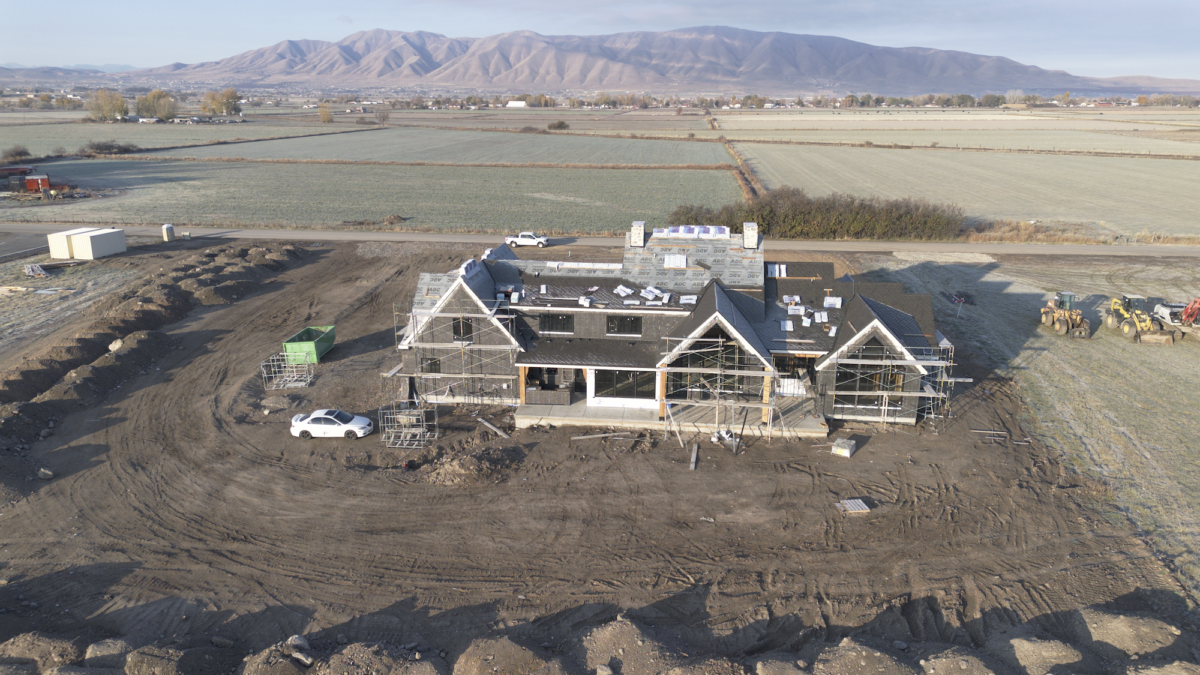Choosing the right structural engineering services is one of the most important decisions you’ll make in any construction or renovation project. Whether you’re building a home, office, bridge, or commercial facility, a strong foundation—both literally and figuratively—depends on the expertise of a licensed structural engineer.
But with so many firms and professionals out there, how do you know which one is the best fit for your needs?
Let’s look at the 6 key factors to consider before you hire structural engineering services.
1. Certification and Licensing
The first thing to check is whether the structural engineers you’re considering are certified and licensed. This is not just a formality—it’s a legal requirement in many regions. A certified structural engineer has gone through the proper education, training, and testing to ensure they meet professional standards.
Why does this matter? Licensed engineers follow a strict code of ethics and safety, which reduces your risk of costly mistakes or dangerous outcomes.
When in doubt, ask to see their license number or verify it with your local engineering board.
2. Experience in the Field
Experience matters—a lot. While new professionals can be talented, structural engineering is not the place to take big risks. Look for a team or individual with a strong track record in projects similar to yours.
For example, if you’re planning a commercial structure, your engineer should have real-world experience in that area. The same goes for residential homes, high-rises, or infrastructure projects.
Also, seasoned structural engineers often bring creative solutions to complex problems, saving you time and money in the long run.
3. Scope of Engineering Services
Different firms offer different levels of engineering services. Some provide only structural analysis and design, while others offer end-to-end support—from planning and design to site inspections and reporting.
Make sure the company you choose clearly outlines what their professional engineering services include. Do they help with permits? Do they conduct site visits? Will they coordinate with your architect or builder?
The more comprehensive the services, the smoother your project will go.
4. Communication and Transparency
Clear, honest communication is a must. Good structural engineering services don’t just design safe structures—they also explain the process in a way that makes sense to you.
A trustworthy firm will walk you through your project step-by-step, explain any potential challenges, and provide regular updates.
During your first meeting, pay attention to how well they listen to your concerns. Do they answer your questions clearly? Do they respect your vision?
Transparency is a sign of professionalism and integrity.
5. Technology and Tools Used
In today’s world, advanced technology plays a huge role in structural design. From 3D modeling software to simulation tools, high-quality engineering services use modern tools to improve accuracy and efficiency.
Ask potential engineers about the tools and methods they use. A firm that embraces technology is more likely to deliver precise results and spot issues before they become problems.
That doesn’t mean you need the most high-tech solution—but up-to-date tools combined with skilled engineers create safer and more efficient designs.
6. Reputation and Client Reviews
What do past clients say? Online reviews, testimonials, and word-of-mouth recommendations can tell you a lot about the quality of a firm’s structural engineering services.
Look for signs of professionalism, timely delivery, and overall client satisfaction. Be wary of any firm that avoids sharing references or seems hesitant to show past work.
Good structural engineers are proud of their track record and happy to share their success stories.
Final Thoughts
Choosing the right structural engineering services isn’t just about credentials—it’s about trust, experience, and communication. You want a team that’s skilled, licensed, and committed to doing the job right the first time.
From certified professionals to cutting-edge tools, every detail matters when it comes to the safety and durability of your structure.
If you’re planning a project and need reliable, professional, and transparent support from licensed structural engineers, consider working with Atlas Engineering. With a focus on safety, quality, and client satisfaction, Atlas Engineering offers expert guidance every step of the way.
FAQ
1. What are structural engineering services and why are they important?
Structural engineering services involve the design, analysis, and inspection of buildings and structures to ensure they are safe, stable, and compliant with building codes. They are essential for preventing structural failures and ensuring long-term durability.
2. Why should I hire a certified structural engineer for my project?
Hiring a certified structural engineer ensures your project is handled by a professional who has met strict education, testing, and experience standards. Certification confirms that the engineer is qualified to deliver accurate and safe structural designs.
3. Are licensed structural engineers required for residential construction?
Yes, in most areas, licensed structural engineers are legally required for residential projects involving significant structural changes. They ensure the building is designed to support loads, resist weather, and meet all safety codes.
4. What should I look for when selecting structural engineering services?
Key factors include licensing and certification, relevant experience, clear communication, advanced tools, and strong client reviews. Choosing the right structural engineering services helps you avoid costly delays and ensures safety.
5. How do I verify if a structural engineer is certified or licensed?
You can request the engineer’s license number and check it with your local engineering board or governing body. This step confirms that you’re working with a licensed structural engineer who meets regional legal and professional standards.

